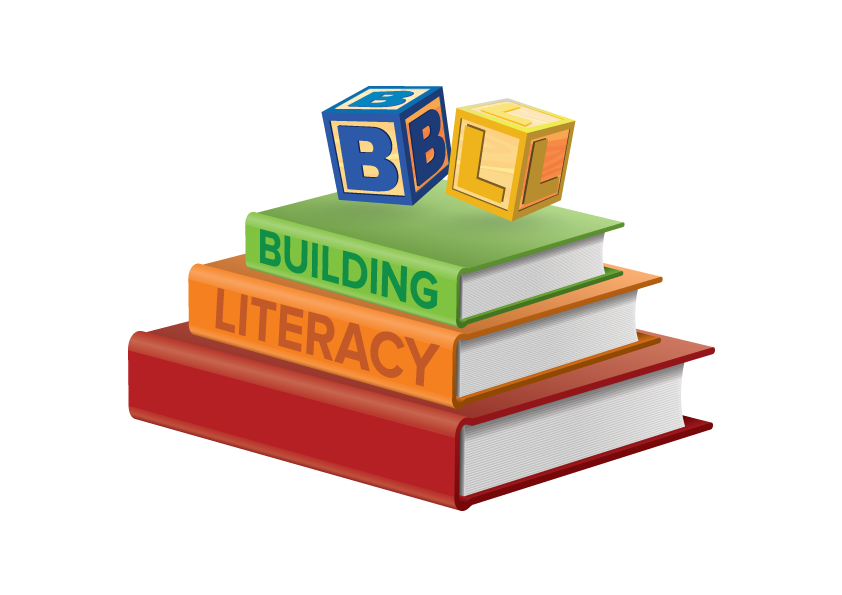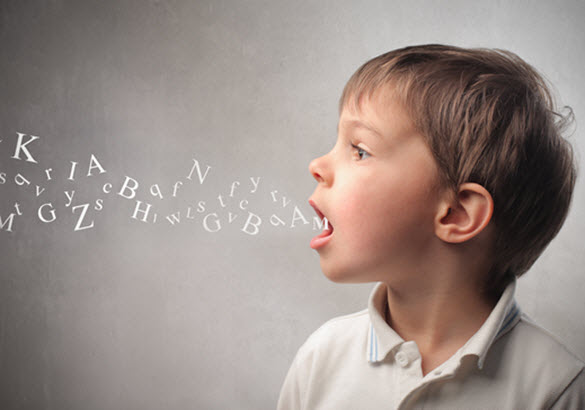Did you know… By the age of three, a child should have a vocabulary of 600 words!
If reading is the key to learning. Then oral language development is the precursor to learning how to read and write. Too many children are commencing school without significant development in these 5 fundamentals for a successful transition to school to begin learning effectively and confidently.
Literacy readiness is about providing learning experiences where a child can develop their language skills by speaking and listening. Through social interaction and exploration of shared experiences such as reading books, art and craft, singing, music, movement and play are all opportunities for young children to develop their language skills, build on their ever expanding vocabulary and enhance their ability to communicate effectively and comprehend language in real life contexts.
Oral language is the predecessor that underpins successful literacy development. It is a key indicator of a child’s ability to begin learning how to read. Through play based learning, children can explore, experiment and engage in new learning. It is by talking, thinking, sharing, illustrating and interacting with others where children begin to make sense of their world.
“The ability to use oral language effectively impacts the child’s ability to learn in the classroom, to interact with their peers, and to develop literacy and numeracy skills. Oral language competence is arguably crucial for academic success.” (International Journal of Speech-Language Pathology, 2013; Early Online:1-12)


